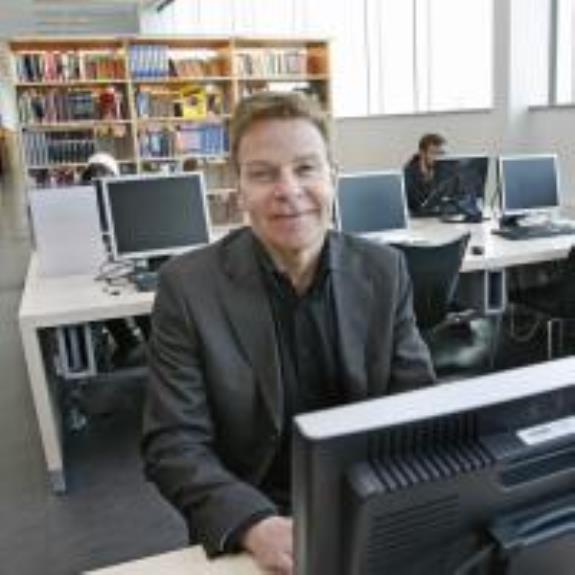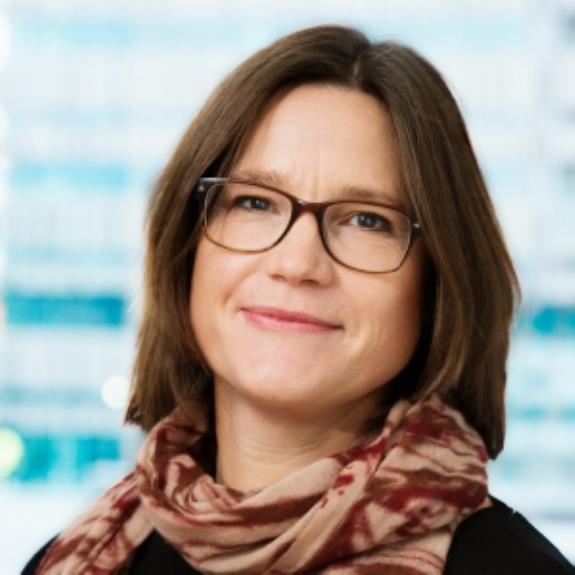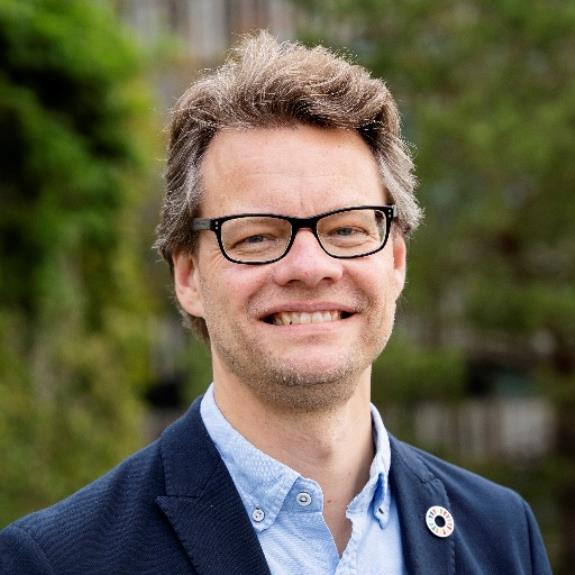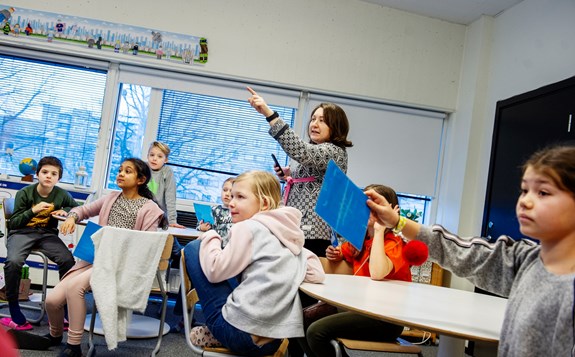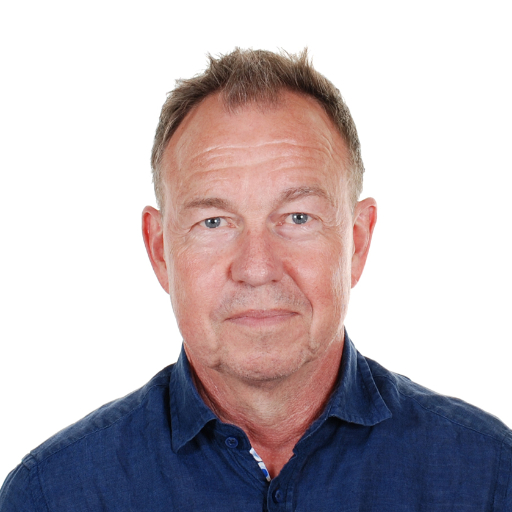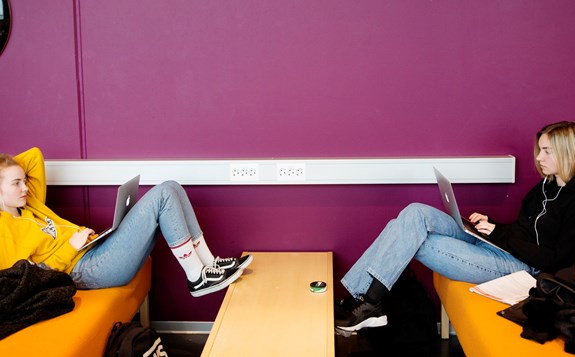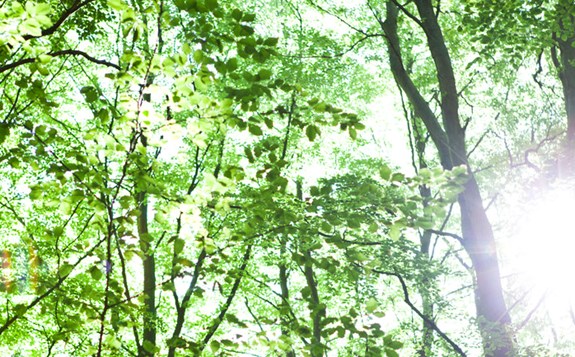We use cookies on this website. Cookies help us deliver the best experience on our website. Read about cookies.
-
- Education
- Education
- Programmes and courses
- Applications and admissions
- Tuition fees
- Scholarships
- Exchange studies at Malmö University
- Study Guidance
-
- After admission
- After admission
- Moving to Malmö
- Pre-orientation
- Arrival guide
-
- About studies at Malmö University
- About studies at Malmö University
- Why choose Malmö University
- Understanding university studies
- Connect with our students
On the page -
- Research
- Research
-
- Doctoral studies
- Doctoral studies
- Doctoral courses
-
- Doctoral schools
- Doctoral schools
- Adaptation of urban space through sustainable regeneration
- ComBine
- Culturally Empowering Education through Language and Literature
- Education, Learning and Globalisation
- Finding ways in a time of great future challenges (FinnFram)
- Swedish National Graduate School in Science and Technology Education Research
- Learning in Multicultural Societal Contexts
- Pedagogy and Vocational Skills
- Relevancing Mathematics and Science Education (RelMaS)
- Sustainable Movement Education
- The National Research School for Professionals in Social Services
- Research subjects
-
- Research centres
- Research centres
- Biofilms Research Centre for Biointerfaces
- Citizen Health
- Imagining and Co-Creating Futures
- Institute for Urban Research
- Malmö Institute for Migration Studies
- Literacy and Inclusive Teaching
- Centre for Work Life Studies
- Sustainable Digitalisation Research Centre
- Centre for Sexology and Sexuality Studies
-
- Research publications
- Research publications
- Search for research publications in Diva
- Malmö University Press
- Research events
- Participate in a research study
- Coffee Break Quiz
On the page -
- Collaboration and Innovation
- Collaboration and Innovation
-
- Levels of collaboration
- Levels of collaboration
-
- Local collaboration
- Local collaboration
- Muvah
- Co-Create Malmö
- Regional collaboration
- National collaboration
-
- International collaboration
- International collaboration
- UNIC
- Innovation
- Collaboration with students
-
- Collaborate with researchers
- Collaborate with researchers
- Labs and facilities
- Culture collaboration
- Support Malmö University
- Alumni & Friends
On the page -
- About us
- About us
-
- Faculties and departments
- Faculties and departments
-
- Faculty of Culture and Society
- Faculty of Culture and Society
- Department of Global Political Studies
- School of Arts and Communication
- Department of Urban Studies
-
- Faculty of Education and Society
- Faculty of Education and Society
- Department of Childhood, Education and Society
- Department of Sports Sciences
- Department of Culture, Languages and Media
- Department of Natural Science, Mathematics and Society
- Department of Society, Culture and Identity
- Department of School Development and Leadership
- The Centre for Teaching and Learning (CAKL)
-
- Faculty of Technology and Society
- Faculty of Technology and Society
- Department of Computer Science and Media Technology
- Department of Materials Science and Applied Mathematics
- Faculty of Odontology
- University Dental Clinic
-
- Find and contact Malmö University
- Find and contact Malmö University
- Visit Malmö University
-
- News and press
- News and press
- Graphic manual
- Map of the buildings (Google Maps)
- Merchandise
- Supplier information and invoice management
- Whistleblowing
- We will help you with your questions
- Management and decision-making paths
-
- Malmö University's strategy 2030
- Malmö University's strategy 2030
- Sustainability
- Widened recruitment and participation
- Quality assurance work at the University
-
- Malmö Academic Choir and Orchestra
- Malmö Academic Choir and Orchestra
- Student work – video pieces
-
- Annual Academic Celebration
- Annual Academic Celebration
- Academic traditions
- Meet our new professors
- Meet our new doctors
- Honorary doctors
-
- The University in a troubled world
- The University in a troubled world
- Campus total defence
On the page
Science Education
The research subject Science Education includes didactics related to the natural sciences. The areas of interest include teaching, learning, knowing and Bildung in relation to knowledge in and about science and related subject areas such as technology and environmental and sustainability education.
Subject didactics is a field of knowledge where educational research (mainly didactics) meets subject content and school practice. Research in Science Education can take its starting point from a teacher, student and/or citizen perspective. In a democratically and technologically developed society, scientific knowledge plays a pivotal role in people's opportunities to understand and act in an increasingly complex world. Therefore, Science Education research is interested in human knowledge and education in and about science and related subject areas. Other areas of interest include the choice of content, motivations for selection and what happens to disciplinary knowledge when it is transformed into content for teaching in schools. The research contributes to both curriculum and school development.
The core of the research subject is perspectives and models that are useful for science teachers (all ages) in planning, implementation and analysis of teaching. Within the subject, relationships between the specific subject content and how this is communicated in different environments are also investigated, as well as how individuals and groups develop and use scientific knowledge in these contexts.
Literacy perspectives, Bildung, democracy issues and identity formation in relation to science are characteristic features of Science Education research at Malmö University. The research focuses on the societal perspectives on teaching and learning in and about science and related subjects such as technology and geography.
Researchers, publications and projects
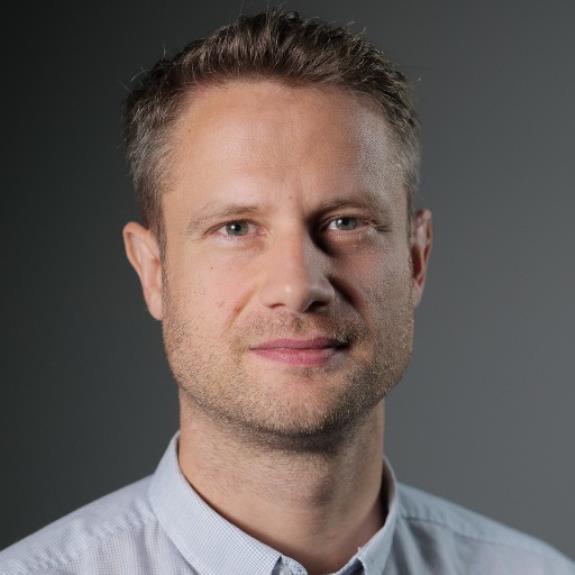
Christian Andersson
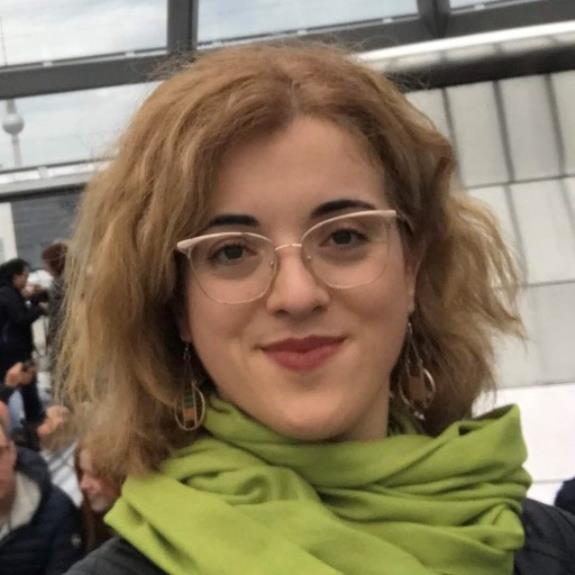
Vildana Basic
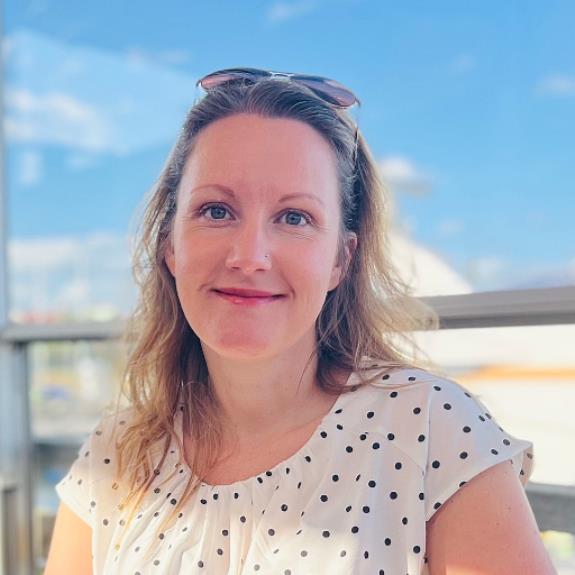
Sanne Björklund
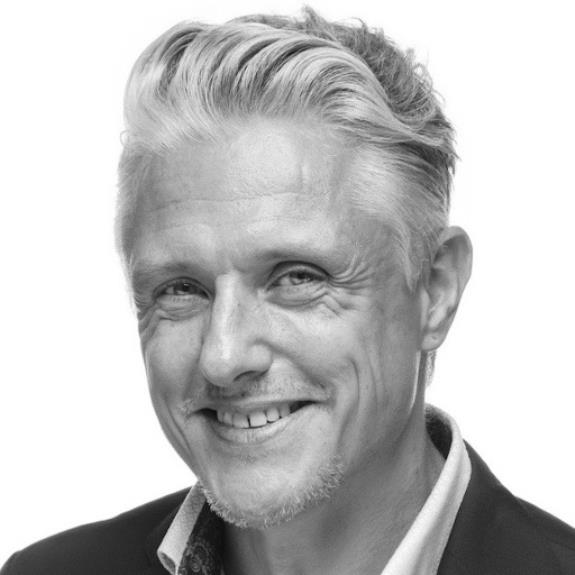
Paul Clucas
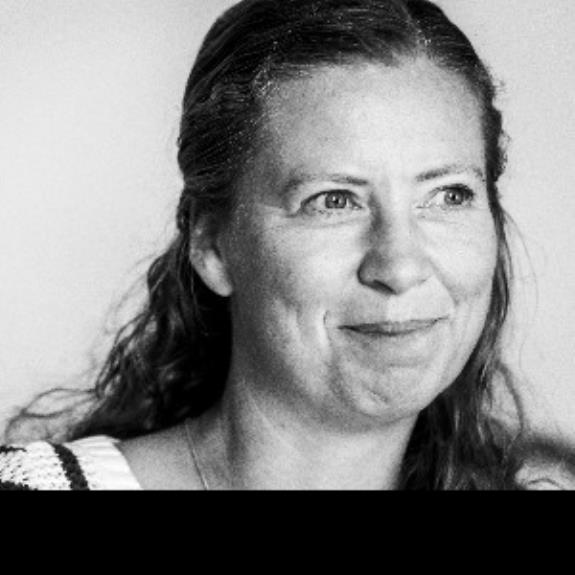
Eva Davidsson
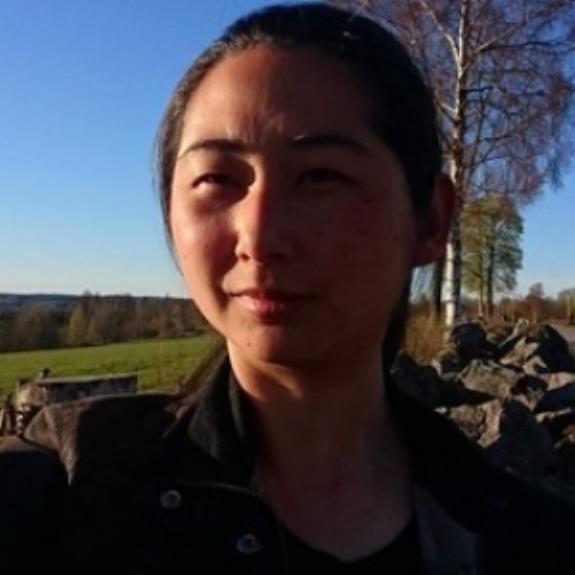
Rebecka Fingalsson
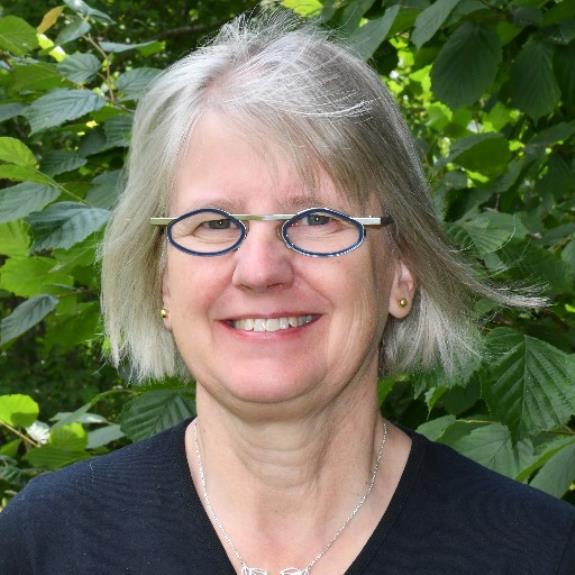
Pernilla Granklint Enochson

Helen Hasslöf
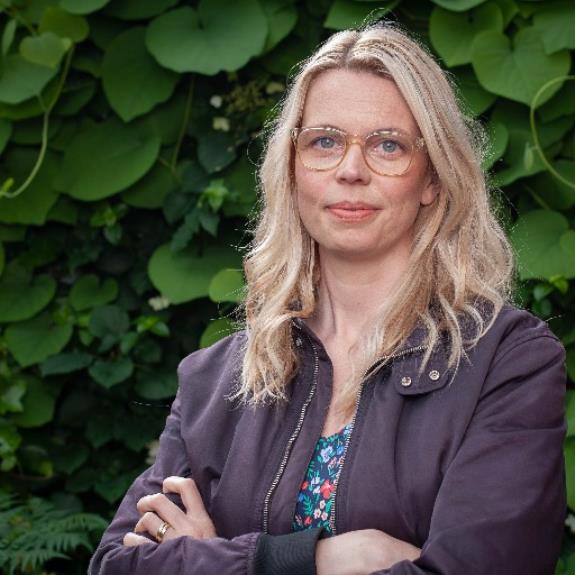
Hanna Hofverberg
Annika Karlsson

Mats Lundström

Birgitta Nordén
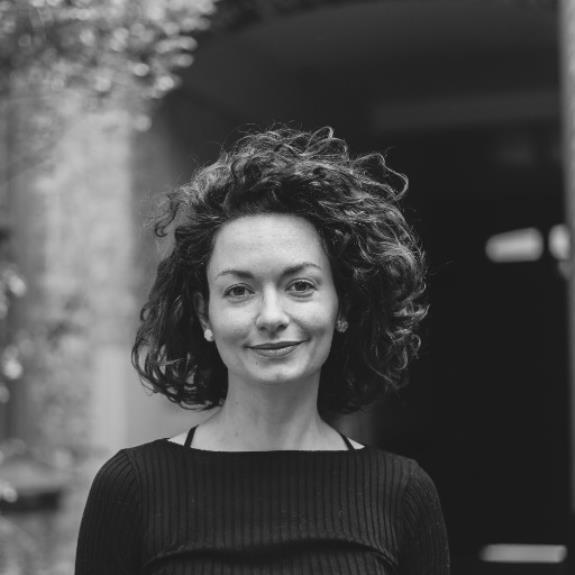
Valentina Pivotti
-
2026 | Chapter in book
Understanding the Pathway of Water Through the Body: Student Teachers' Knowledge and Essential Concepts for Future Pupils
Pernilla Granklint Enochson
-
2025 | Chapter in book
The Bildung Theory—From Von Humboldt to Klafki and Beyond
Jesper Sjöström, Ingo Eilks
-
2025 | Conference paper
A crafting pedagogy for "mattering" STEM
Hanna Hofverberg, Hinda Mandell, Eva Davidsson
-
2025 | Chapter in book
AI imag(inari)es: Visual Representations of artificial intelligence
Bojana Romic
-
2025 | Conference paper
I may be gay and Latino, but I am still a man: Intersectionality and non-tenure track science faculty
Katherine Doerr
-
2025 | Conference paper
Smart bodies: Swedish academic physical scientist and gender performativity
Katherine Doerr
-
2025 | Conference paper
"On Mars, we'll have to speak Arabic": Navigating gender and race/ethnicity in high school physics in Scandinavia
Katherine Doerr, Jesper Bruun, Karen Alavi Voigt, Victor Holm Janas
-
2025 | Article in journal
Implications of the Concept of Glocalization for Science Education for Sustainability with a Specific View on Promoting Water Literacy
Muhamad Imaduddin, Jesper Sjöström, Ingo Eilks
-
2025 | Article in journal
Towards critical global functional scientific literacies
Gonzalo Guerrero, Jesper Sjöström, Travis T. Fuchs, Hyunju Lee, Liliana Valladares
-
2025 | Conference paper
What's in the Box?: Exploring objects and telling diverse stories of sexuality in science education
Rebecka Fingalsson
-
 Research project
Research projectRelevancing science for science learning and active citizenship
vildana.basic@mau.se -
 Research project
Research projectUnpacking the Box - he box’s educational potential to build knowledge through curiosity, imagination, and community
rebecka.fingalsson@mau.se -
 Research project
Research projectComparative Analysis of Sexuality Education Policies and Implementation Strategies in South Africa and Sweden
mats.lundstrom@mau.se -
 Research project
Research project"Preschool-Naturing" in the Anthropocene
sanne.bjorklund@mau.se -
 Research project
Research projectExperiences and Memories of Sex Education in School
rebecka.fingalsson@mau.se -
 Research project
Research projectSpaces for multilingualism? An interdisciplinary study of pedagogical potentials and limitations of multilingual approaches and activities...
pia.nygard-larsson@mau.se
Doctoral Studies in Science and Mathematics Education
Malmö University offer doctoral studies in Science and Mathematics Education.
Contact for doctoral studies in Science and Mathematics Education: Helena Roos
